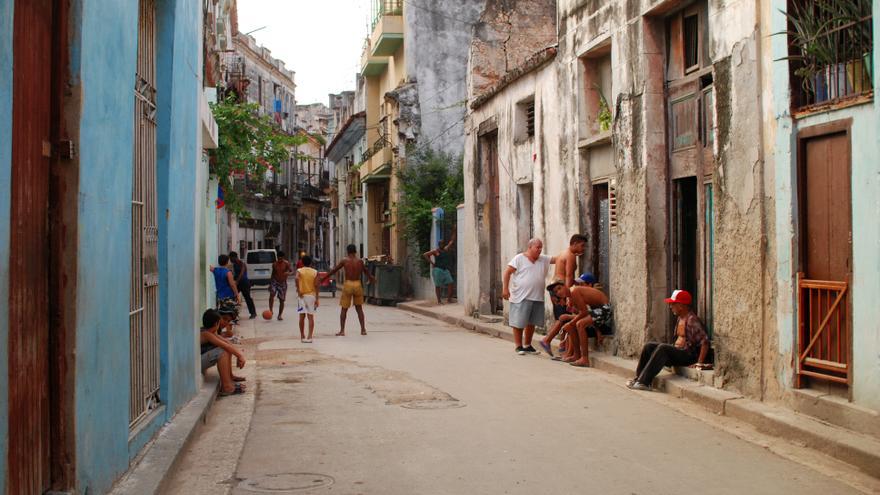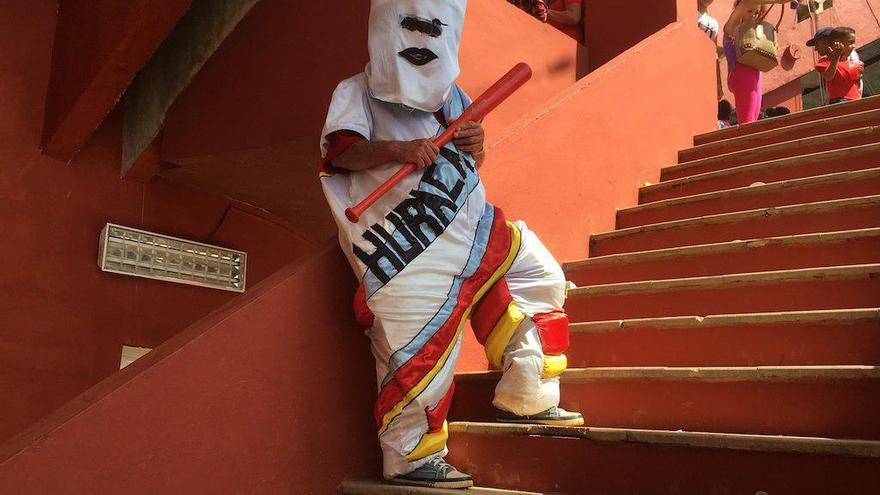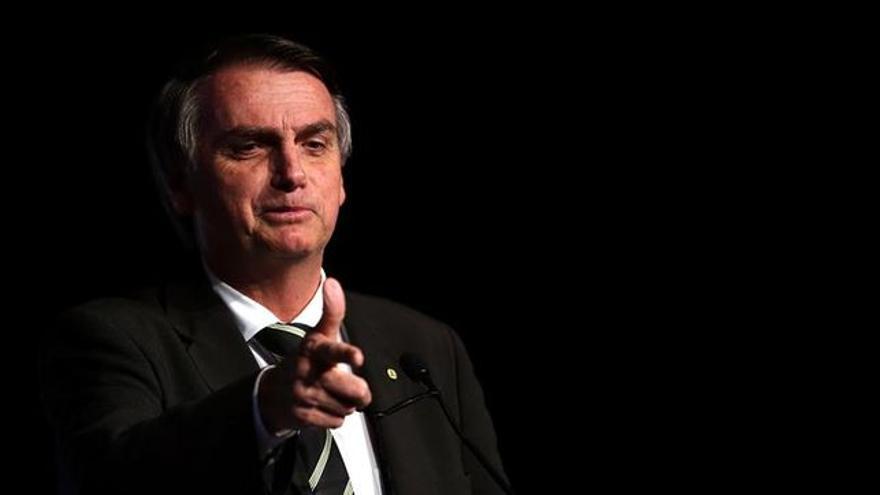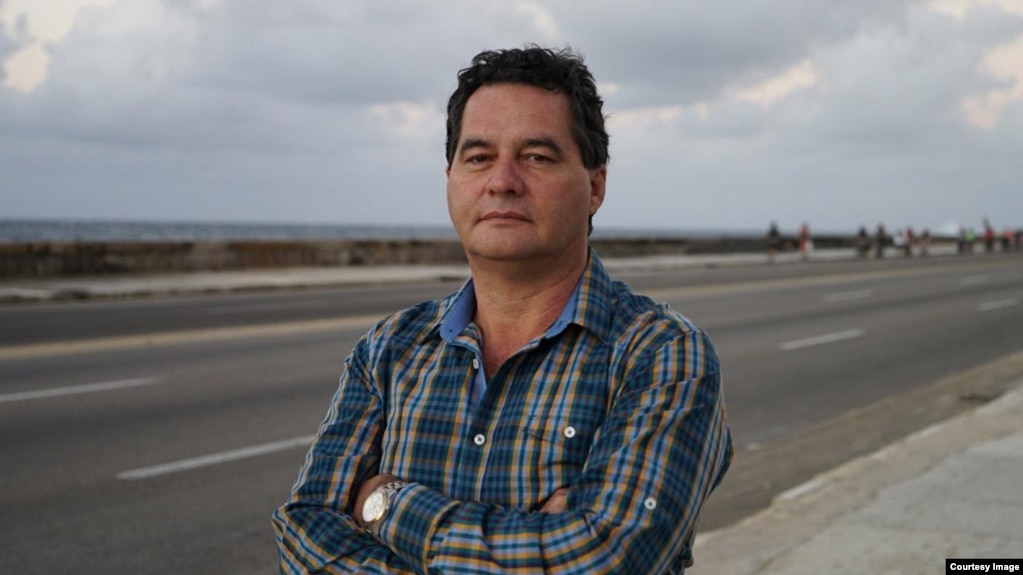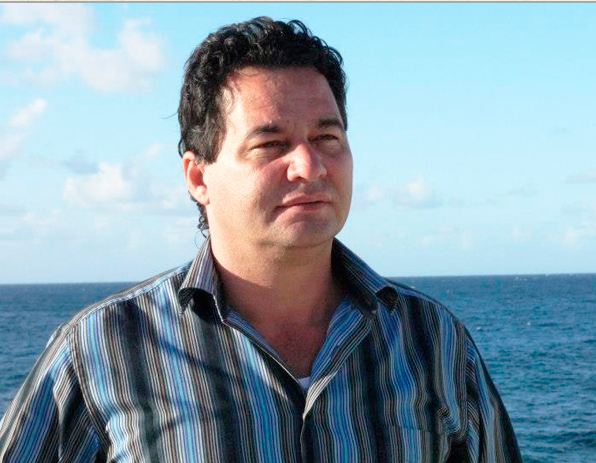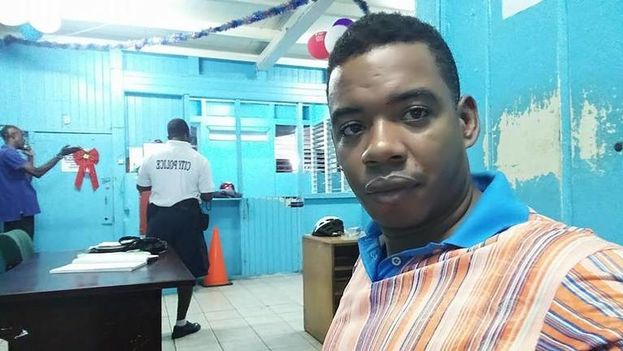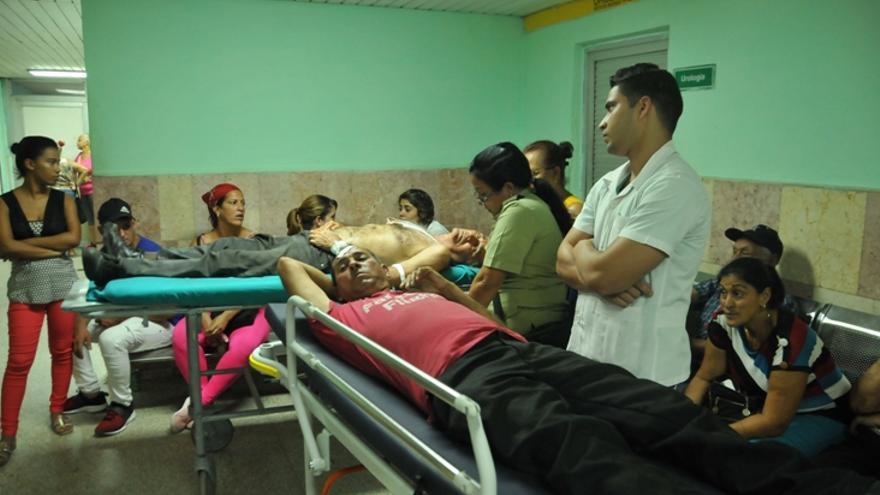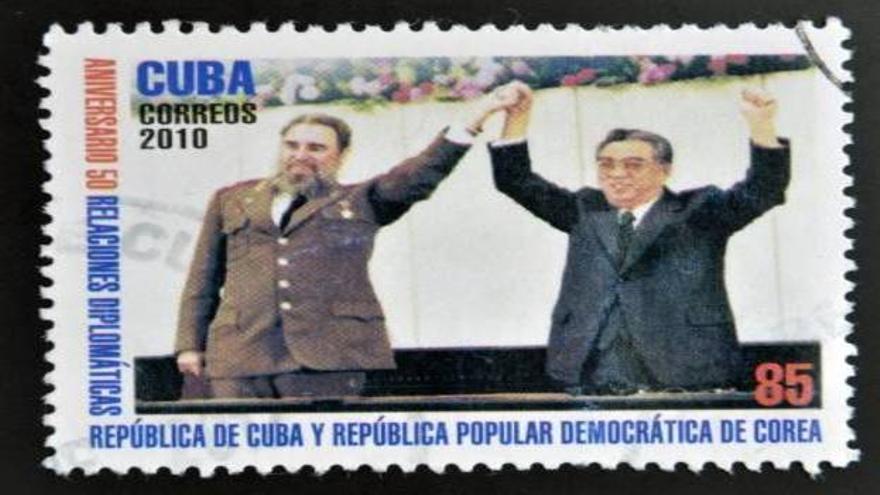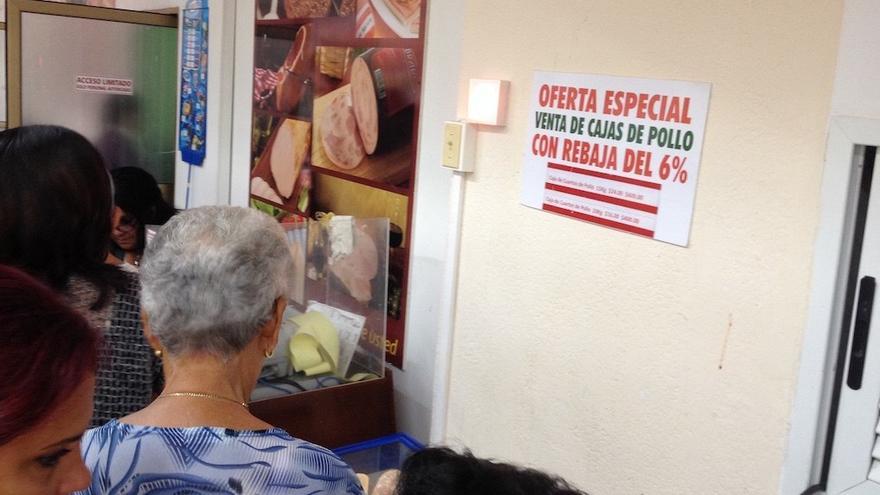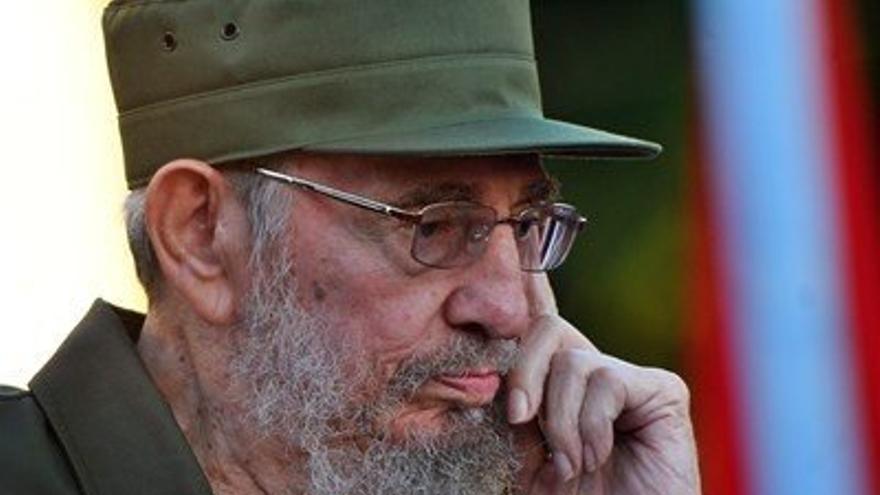
![]() 14ymedio, David D Omni ZF, Havana, October 17, 2018 — I believe that the big mistake of Fidel Castro, like so many others who remain in power for a long time, was not trusting in his people, getting them accustomed to paternalism, and mutilating the initiatives of the entire society.
14ymedio, David D Omni ZF, Havana, October 17, 2018 — I believe that the big mistake of Fidel Castro, like so many others who remain in power for a long time, was not trusting in his people, getting them accustomed to paternalism, and mutilating the initiatives of the entire society.
He was the great economist, the great politician, the great artist, the great Father close to a godly being, on which an entire people depended. Such a display of ego, tending to mutilate the natural diversity of the wide human spectrum, based on a transparent messianic complex, brought as a consequence a deep crisis of values in our society.
No citizen born in Cuba from 1959 on with his own irrepressible ideas found support under the mantle of the great Father who prohibited strikes, parties, or any other social demonstration that would stray from the guidelines of the only ruling party. The constant emigration and repression of free-thinkers, over several decades, has left us an orphan society. continue reading
Father is no longer, but before leaving he cloned himself in all the legal institutions of our Island. All businesses, politics, art, and education are in the power of two or three generals of the army. Now it falls upon the shoulders of Cuban civil society, extremely limited and stigmatized, to fight with courage to plant scarce but fertile seeds in this arid land that Father left us.
In any case, along with considering the consequences of a prolonged Fidel, it is also important to refer to the role of civil society. First it is, then it thinks, then it does, and then it has, being evident that in order to give it’s necessary to have.
To give money, it’s necessary to have money, to give peace it’s necessary to have peace, to offer love it’s necessary to have it in one’s chest, and to give liberty it’s necessary to possess it.
Hypocrisy is a clear example of giving what one doesn’t have. The list of politicians who speak of peace and have armies, of artists who speak of community without knowing service, and of leaders who speak of purity while keeping seeds of tyranny in their hearts, is long.
Most of us are on this list, so for that reason I cannot speak of the future of my Island and not interfere with the world. Yes, I see a future, but what future comes just as one has planned? The future is in the vigilance of our present actions, there are no guaranteed strategies, but it’s proven that the sincere action of one who cannot live without honor leaves profound marks on history.
It’s certain that in my country the lack of democracy is a major issue, but it’s not more certain than the capacity of acting in liberty that dwells in the will of man. When we blame our problems on persons and situations other than ourselves, we give away our power. If the root of the problem isn’t in us, neither is the power to resolve it.
I don’t believe that these are times to wait for democratic platforms that the Government isn’t interested in creating, so for that my deepest respect for Cuban civil society which, under blows and arbitrary detentions, decides to take the reins of liberty in its hands, and yes, is creating democratic spaces even though the Government tries to minimize them.
Every people has its way of making history according to its culture, in the case of the Cuban people I’d like to make a little historical summary. In the wars of independence in the 19th century, when we were still a colony of Spain, there was a minority of fighters for liberty. Only when they marched triumphantly through the streets did the people join them.
In the 20th century there were other minorities who, until achieving victory, didn’t obtain the support of the passionate mass. Today, there is another minority, which the majority of the people doesn’t even know.
I have the privilege of being part of this civil society, which additionally is peaceful and one day not far off will march triumphantly. Already the tree of the Cuban Revolution grew, gave its fruits, and died long before Fidel. When I say “died” I don’t do so poetically, the same founders of this revolution ended up drenched in corruption and those who weren’t, are maintained, since by now working honorably in this country is impossible.
Our frustrated fathers are the example of the future that awaits us if we keep supporting this empty revolution. Today’s young people see an example to follow in a hotel waiter, in a tour guide, or in a raft on the sea, the engineers and teachers today are street vendors of anything that can be slipped past the police in order to live.
Those who keep studying for some degree know clearly that in Cuba there will be no future. Every day various planes from various provinces of the country leave filled with Cubans who do not plan on coming back.
I only see hope in what we are capable of doing, if we want democracy, it’s time to have democracy in our homes, if we want prosperity it’s time to create unions and independent societies, if we want liberty, it’s time to walk with our heads held high shouting to the four winds an emancipating cry.
All this is illegal in Cuba, but it’s authentic and inherent to the soul, and only civil society has been capable of carrying this cross and bearing the stigma. The current Cuban civil society is the bearer of the legacy of Félix Varela y José Martí, and it doesn’t surprise me that it is slandered, persecuted, and feared by many. The many will later join along with the slanderers and persecutors who since time immemorial have moved in mobs without even knowing what it is to be human, unique, diverse, and creative; everything that a mob is not.
Translated by: Sheilagh Carey
_________________________
The 14ymedio team is committed to serious journalism that reflects the reality of deep Cuba. Thank you for joining us on this long road. We invite you to continue supporting us, but this time by becoming a member of 14ymedio. Together we can continue to transform journalism in Cuba.

